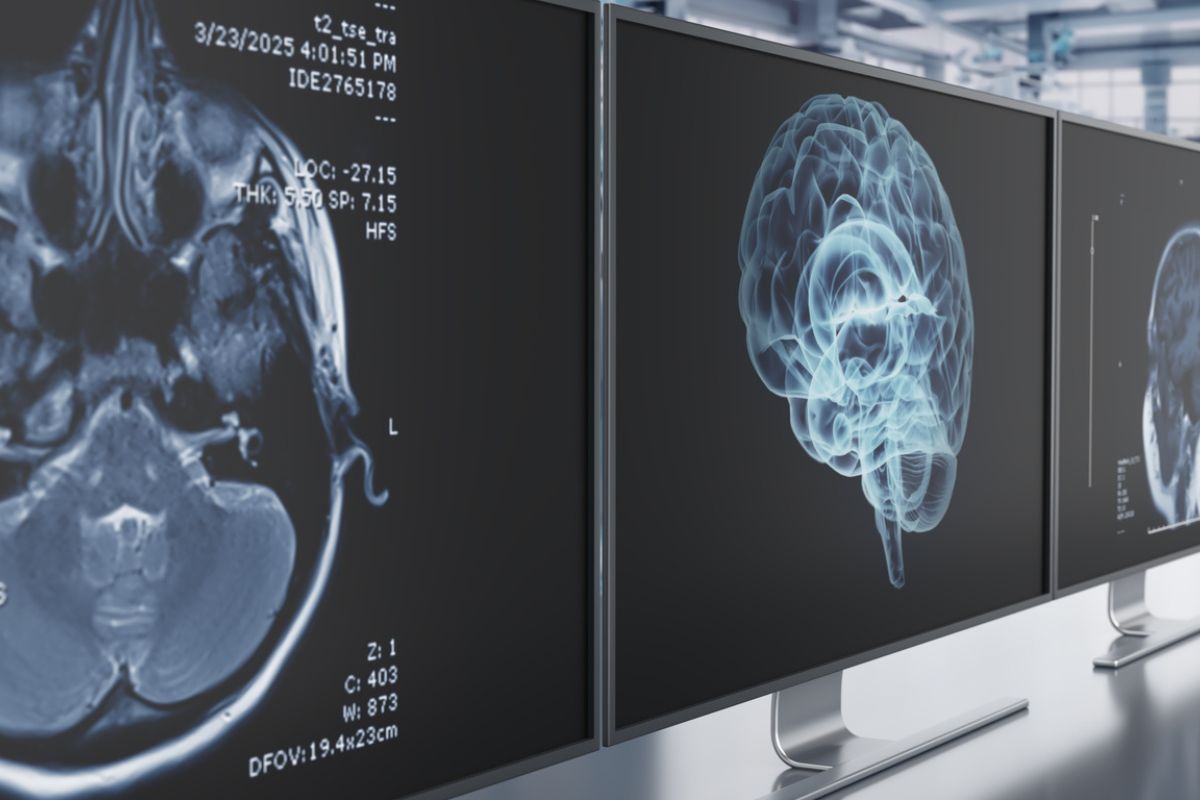For years, experts have debated how evolution gave rise to human cooperation that put the survival of the collective over the individual. The dilemma even troubled no less an authority on human evolution than Charles Darwin. To this day, the arguments have settled into two distinct camps.
There’s the “Big Mistake Hypothesis,” which posits that human altruistic tendencies grew from the earliest humans who lived in smaller groups, most of whom were related. As a result, acting altruistically either benefited one’s immediate family members or sprung out of a sense of primitive karma – the do-gooder hoped to receive goodwill in return. Either way, altruism is derived from repetition – over generations.
The second prevailing theory has earned the title of the “Cultural Group Selection Hypothesis.” It shifts the focus of the birth of cooperation much later – when humans had expanded to include larger social groups. As such, cooperation emerged as a competitive advantage, allowing altruistic-driven groups to outcompete other, less collective-minded groups. In short, the evangelists of this theory contend that the transmission of altruism is cultural rather than biological.
A New Theory on Cooperation
Now, a group of Swiss researchers have published a paper that suggests that maybe it’s a little bit of both. Behavioral economists from the Universities of Zurich, Lausanne, and Konstanz reached this conclusion after an experiment among the indigenous people in Papua New Guinea.
The researchers established a modern-day trust exercise – pairing study participants, having them exchange currency, and observing whether they would act in their own self-interest or cooperatively.
The team found that when the participants teamed up with an anonymous member of their own community, they tended to exchange larger amounts. But when researchers matched those same participants with members of other communities, they transferred much less.
As a result of their findings, the research team concluded that the theory of repeated interactions can’t be the only catalyst for human cooperation. That’s because repeated interactions only drive cooperation “if the individual ability to reduce cooperation is arbitrarily restricted. Without such arbitrary restrictions, cooperation collapses.”
The researchers claim that’s because individuals remain incentivized to get ahead by cooperating less with outside groups. After enough time, cooperation deteriorates.
“This is perhaps the most provocative result of our study, as it completely contradicts the mainstream,” corresponding author Ernst Fehr, from the University of Zurich, observed.
Cooperating Groups Still Compete
But that doesn’t mean that the alternative dominant theory explains everything, either.
The researchers found that “the migration of cooperative and non-cooperative individuals between groups weakens the cooperative groups. Furthermore, there is also competition between cooperative groups, which weakens overall cooperation in the population.”
In short, the authors argue that the simultaneous interaction of both mechanisms is at play. The “repeated interactions” and “group competition” theories work together to form what the authors call “a form of super-additive cooperation.”
“Repeated interactions create an incentive for cooperation within the group,” lead author Charles Efferson of the University of Lausanne, explained. “However, this is a fragile state. Group competition, on the other hand, has a stabilizing effect on this fragile state. This strengthens intra-group cooperation on the one hand and promotes uncooperative behavior with outsiders on the other.”
So maybe there aren’t two competing theories explaining the evolution of human cooperation. Based on this research, maybe it’s just two aspects of the same explanation.



